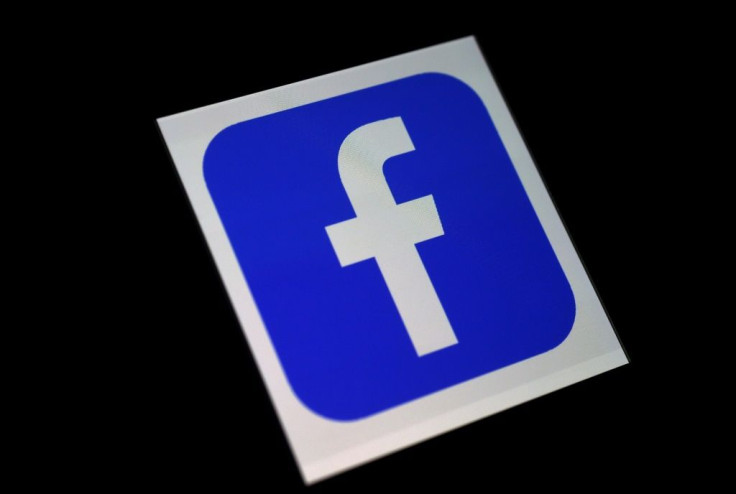Facebook's Pouncing On This Massive Opportunity In India

Last week the Indian government banned 59 Chinese-owned apps. Chief among those apps is TikTok, which is owned by ByteDance.
Facebook (NASDAQ:FB) has been monitoring TikTok for years now as it exploded in popularity among teens around the world. India was TikTok's biggest market outside of the country with over 200 million users. That's a massive opportunity for Facebook, and it's moving as quickly as it can to capitalize.
The social network is reportedly testing its TikTok clone, Instagram Reels, in India following the removal of TikTok from Indian app stores. It could accelerate Facebook's efforts to co-opt the Chinese company's features and grow engagement on its own platform.
Searching for an alternative
Many Indians have been quick to seek out alternatives to TikTok. Twenty-two million signed up for Roposo, a video-sharing app based in India. Others flocked to Chingari and Mitron.
While Facebook and Instagram don't have the homefield advantage of those apps, they do have substantial user bases in the country. India is, by far, Facebook's largest market with around 280 million users. It also has about 88 million Instagram users and over 400 million WhatsApp users.
On top of its user base, it also has music-licensing deals in place as part of its Instagram Music feature. Instagram Music allows users to add music to their Stories posts. Music is a key aspect of TikTok videos, which often include dancing and lip-syncing.
Facebook's existing presence in the country should give it a leg up against the competition. It can use its existing apps to promote Reels and build out features within the Instagram app to give them greater presence. Granted, it's still testing the feature, trying to find the right product fit. But the forced exit of TikTok gives it a massive market to test without its biggest competitor and a consumer base that's already familiar with TikTok-style videos and consumption.
Explore for Stories
Mark Zuckerberg described TikTok as "Explore for stories" last October, according to an audio recording leaked to The Verge. The Explore tab is increasingly popular in the Instagram app, and it offers one of the best surfaces for Facebook to sell ads. Tying Reels closely with the Explore tab in the main Instagram app could make it much easier for Facebook to retain users. Instagram recently made a change to feature Reels in Explore after expanding the feature to France and Germany last month.
Zuckerberg noted that TikTok's growth is fueled by advertising, and once it stops advertising, user retention declines. Solving this user-retention challenge may be one reason Facebook has been slowly testing Reels in markets where TikTok isn't very popular yet.
Finding a way to organically promote Reels that's at least cost-neutral is an important part of Facebook's strategy. At this point, it should expect a new popular social media format to cannibalize time spent with its existing products. After all, most people will find Reels through existing products like Stories and the Explore tab.
Facebook won't be able to monetize Reels at the same rate as its other products in the early days, as it focuses on growing its user base and developing more unique ad formats. It's seen the same pattern with Stories.
As mentioned, India now represents a prime market for Facebook to test Reels, and find the best way to get users to create and engage with the format. It could rapidly accelerate the FAANG stock's efforts to fight back against one of the biggest threats to its user engagement, and it remains a long-term revenue growth opportunity.
This article originally appeared in the Motley Fool.
Randi Zuckerberg, a former director of market development and spokeswoman for Facebook and sister to its CEO, Mark Zuckerberg, is a member of The Motley Fool's board of directors. Adam Levy owns shares of Facebook. The Motley Fool owns shares of and recommends Facebook. The Motley Fool has a disclosure policy.





















